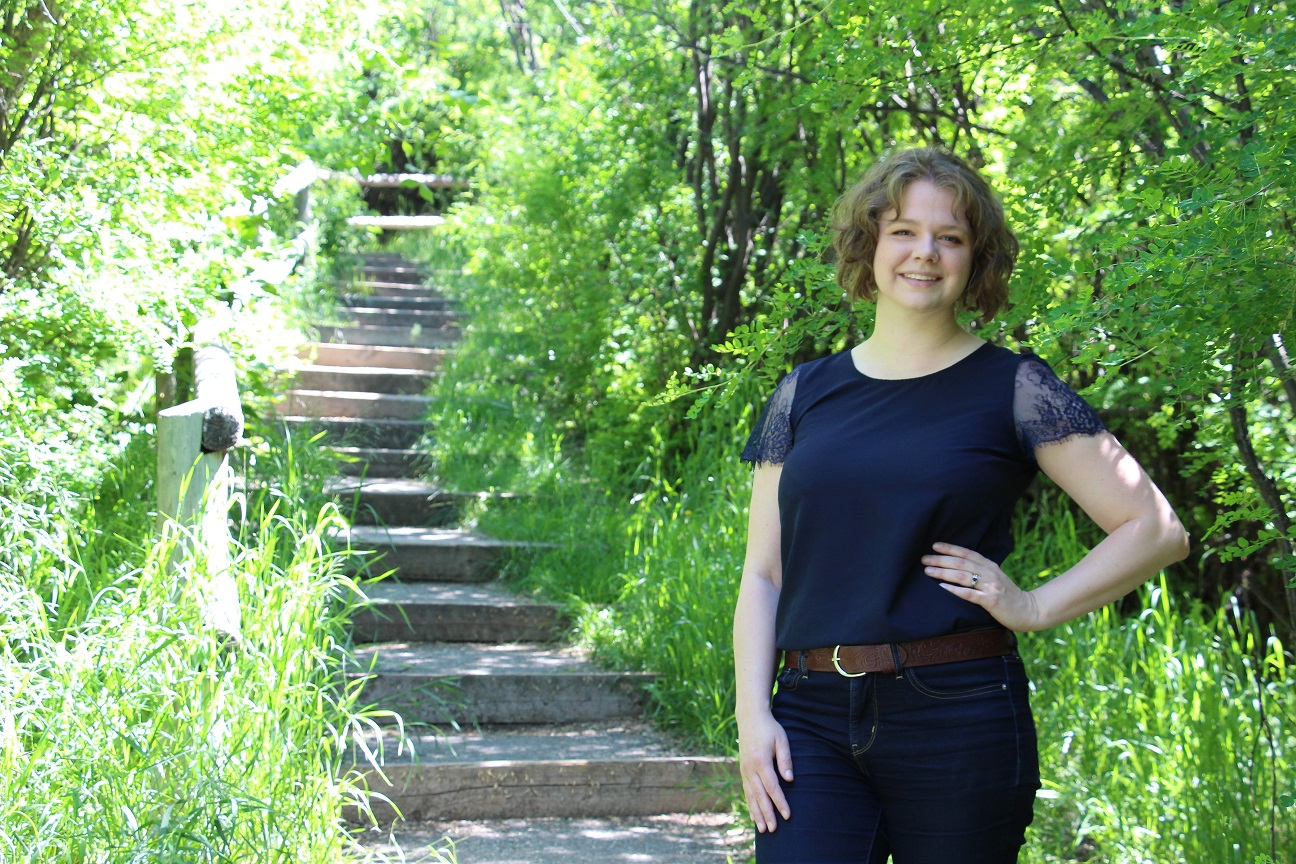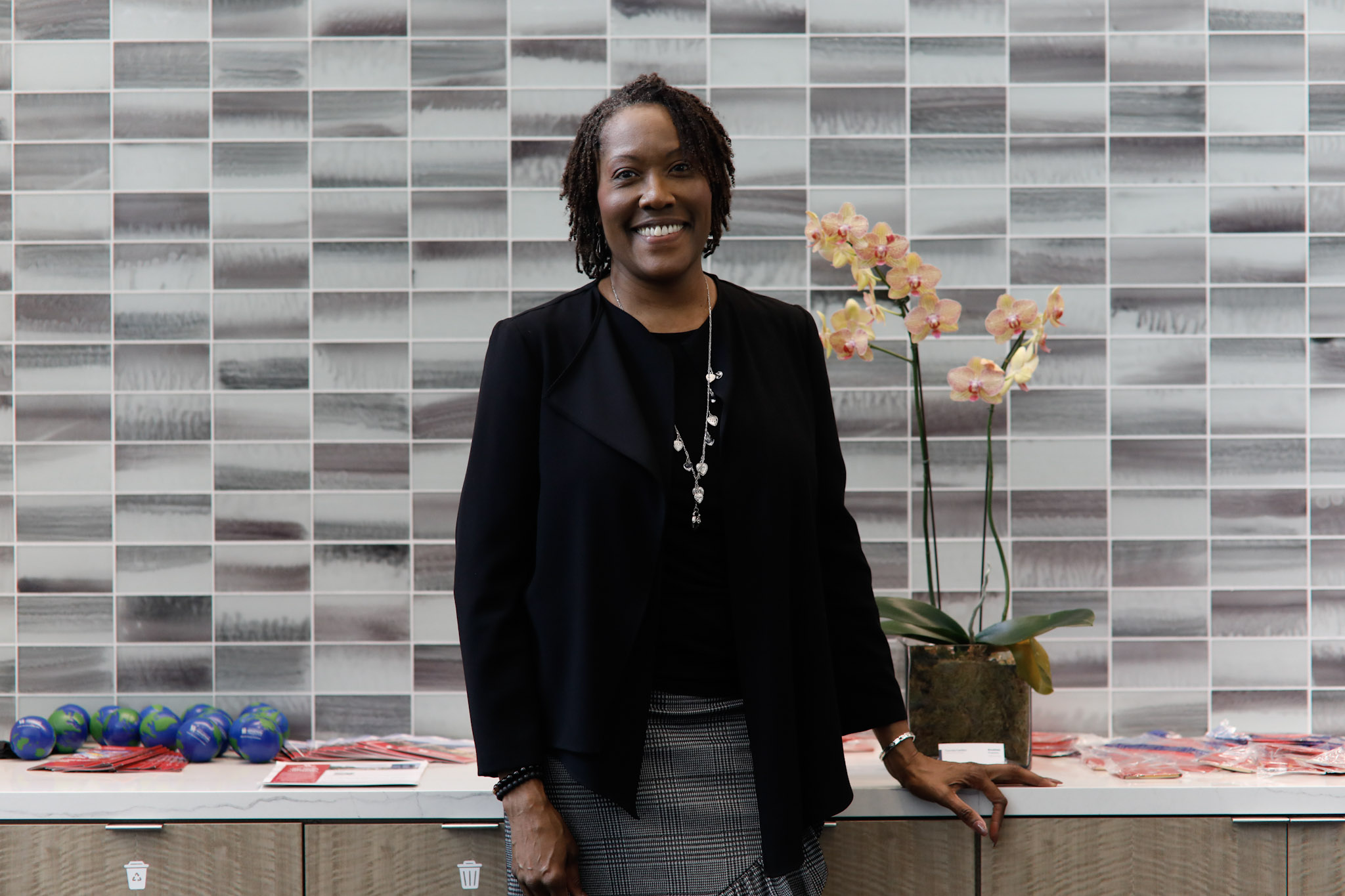It may have taken Andrea James a little longer to graduate from law school than the typical law student, but a decade later and the University of Houston alumna wouldn’t change a thing.
That’s because her experience was unique. James was part of the first cohort of students to participate in the UH Law Center’s International Energy Lawyers Program, which trains students to practice law in both the United States and Canada.

In the time since graduating, James co-founded Jamesco Barrister & Solicitors in Calgary, Canada; leveraged her Texas and Canadian network to secure clients a junior lawyer could only dream of; and served as counsel for a key witness in the 1Malaysia Development Berhad scandal, which spanned from 2015-2017 and ultimately resulted in the seizure of $1 billion in assets — the largest civil asset seizure in U.S. history.
And James credits her opportunities and experiences directly to her time in IELP, which is now celebrating the 10th anniversary of its first graduating class.
“The program gave me the opportunity to network quite extensively when I was in Texas. Upon returning to Canada, I had access to several clients,” said James, who was one of three to graduate from the program in 2015. “I was able to leverage that into a very successful practice quite early in my career and ended up hanging my own shingle.”
Cross-border Professionals
The International Energy Lawyers Program is a dual program sponsored by UHLC and the University of Calgary Faculty of Law.
Students who participate in the program spend two years at each school and take courses that allow them to apply for admission to bars in the U.S. and Canada.
The program has graduated 24 total students since its launch in 2011, said Karen Jones, executive director of Global and Graduate Programs at UHLC. The idea is to produce transnational lawyers who can operate in two different countries, whether they stay in the energy industry or not.

“What we have found is that students who go through the program, while some of them stay in energy, others end up going into other sectors,” Jones said. “We have had students go on to become professors, work in major law firms and some who have opened their own practice.”
Alysha Alibhai, who graduated from the program in 2018, is an example of someone who stuck with energy and is currently senior legal counsel of mergers and acquisitions at TotalEnergies in Houston.
Prior to that, she worked as an associate at White & Case LLP in Houston and as an energy associate at Norton Rose Fulbright in Calgary.
“I work in the energy space and it certainly helps that I had the benefit of learning about energy-specific topics while I was in school,” Alibhai said. “The dual-degree structure gave me a competitive edge when interviewing, which is helpful in an environment where it can be difficult to differentiate your application from hundreds of others.”
Outside of the program making Alibhai more competitive, she said the experience gave her the opportunity to understand how both law and energy operate in each country.
It also expanded her network, ensuring she had the connections needed when she decided to move back to Houston in 2021.
“You never know where your career will take you, so it’s important to take advantage of all the networking opportunities you have access to as a student,” Alibhai said. “The experience of the program broadens your network and career options and helps you stand out in interviews.”
IELP’s Next Steps
While the program has a lot to offer, Jones said one of its greatest challenges is attracting students to it. During a typical year, the program may only have one to three students participating, which she hopes to change.
“We’re looking at making small tweaks to the program,” she said. “One of the things we’re looking at is changing the program’s name to the International Environmental Lawyers Program.”
The idea behind that name change, she said, is to broaden its scope to prevent students from thinking its solely about energy.
“They can go into any environmental or sustainability area of law and still benefit from the program,” she said.
James herself serves as an example that IELP reaches beyond the confines of the energy industry.
“Having the ability to market yourself as across border specialist in your early career puts you in an incredible position to work with clients and on files that otherwise junior lawyers wouldn’t have the opportunity to touch.”
—Andrea James, co-founder of Jamesco Barrister & Solicitors in Calgary, Canada
Although James said she does plenty of work in energy, her practice is a boutique tax and corporate law firm where she advises clients on a range of industries including agriculture, construction and engineering.
It’s that type of flexibility, provided by the training from IELP, that ensured James was able to find success in an increasingly competitive environment.
“The number of companies that operate between Canada and the U.S. is incredibly high,” James said. “Having the ability to market yourself as across border specialist in your early career puts you in an incredible position to work with clients and on files that otherwise junior lawyers wouldn’t have the opportunity to touch.”
